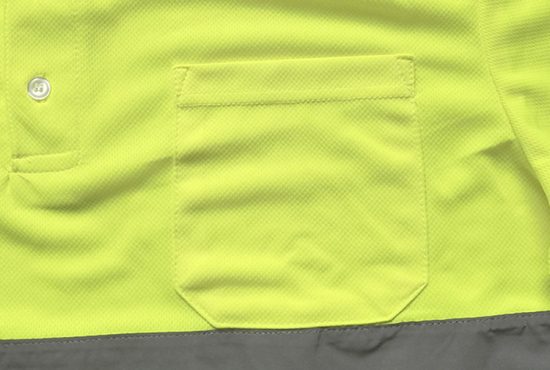Safety gear for healthcare professionals is crucial to protect them from various hazards they may encounter while providing care to patients. The specific safety gear required can vary depending on the healthcare setting, the nature of the work, and the potential risks involved. Here are some essential safety gear items for healthcare professionals:
- Personal Protective Equipment (PPE):
- Gloves: Disposable gloves protect healthcare workers from exposure to bodily fluids, pathogens, and chemicals. They are available in various materials, including latex, nitrile, and vinyl.
- Face Masks: Face masks, such as surgical masks or respirators (e.g., N95 or FFP2/FFP3), are essential for preventing the spread of infectious diseases and protecting healthcare workers from airborne contaminants.
- Eye Protection: Safety glasses or goggles protect the eyes from splashes of fluids, infectious materials, and other hazards.
- Face Shields: Full-face shields provide additional protection for the face and eyes, especially when performing procedures that may generate splashes or aerosols.
- Gowns or Aprons: Disposable gowns or aprons protect clothing and skin from contamination and are often worn during procedures with a risk of splashes.
- Shoe Covers: Disposable shoe covers prevent contamination of footwear and help maintain a clean environment.
- Respiratory Protection: Healthcare professionals may require respiratory protection, especially when dealing with infectious patients or in environments with airborne hazards. This includes N95 respirators, powered air-purifying respirators (PAPRs), or supplied air respirators.
- Hand Hygiene Supplies: Access to handwashing facilities and hand sanitizers is essential for maintaining hand hygiene, which is one of the most effective ways to prevent the spread of infections.
- Needlestick Prevention Devices: Safety-engineered needles and sharps containers are essential for preventing needlestick injuries and the transmission of bloodborne pathogens.
- Radiation Protection: Radiologic technologists and those working with X-rays or radiation therapy require lead aprons, thyroid shields, and other radiation protection gear.
- Chemical Protective Gear: In laboratories and healthcare facilities where hazardous chemicals are used, chemical-resistant gloves, goggles, and lab coats may be necessary.
- Footwear: Comfortable, closed-toe, and slip-resistant shoes are essential for preventing slips, trips, and falls in healthcare settings. Some healthcare professionals, such as surgeons, may also require specialized surgical shoes or clogs.
- Head Coverings: In certain settings, such as operating rooms or cleanrooms, disposable bouffant caps or surgical hoods are worn to maintain sterility and protect against contamination.
- Radiation Monitoring Devices: For healthcare workers in radiology and nuclear medicine, radiation monitoring devices, such as dosimeters, help measure and monitor radiation exposure.
- Biological Hazard Waste Bags: Proper disposal of medical waste is essential for infection control. Healthcare professionals use biohazard waste bags to dispose of contaminated materials safely.
- Fall Protection Equipment: In healthcare facilities with elevated work areas, such as hospitals or clinics, fall protection equipment like safety harnesses and lanyards may be required for maintenance and repairs.
- Emergency Response Equipment: Automated external defibrillators (AEDs), emergency oxygen supplies, and first aid kits are essential in healthcare settings to respond to medical emergencies.
- Infection Control Supplies: This includes items like hand hygiene posters, biohazard labels, and infection control signage to educate healthcare professionals and patients on best practices.
Healthcare professionals should receive training on the proper use and disposal of safety gear, as well as infection control practices. Additionally, healthcare facilities should have protocols in place to ensure that the appropriate safety gear is readily available and used consistently to protect both patients and healthcare workers.


